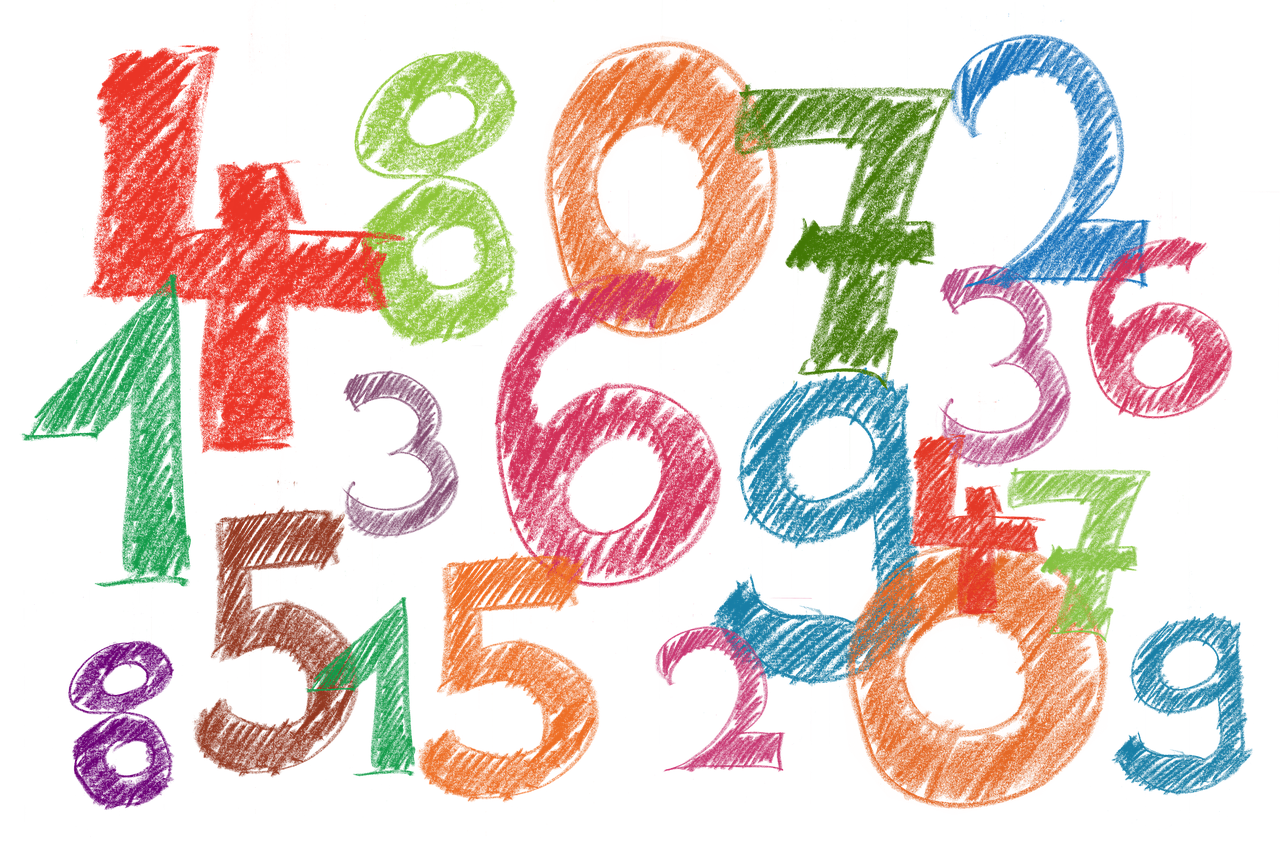Using Eight Words
Sometimes when I write the words just come and the piece is finished then and there, sometimes I need to mull a little, refine, rewrite, reflect. I started this one whilst in Bath a couple of weeks ago and finish it this morning, the first day of British Summer Time, on a rainy day in Coverack.
***
I’m running a Creative Writing Workshop for Bath Beacon: Sport and Technology in a Digital Age
at the University of Bath. I’ve set participants a writing task: ‘chose eight words from
those chosen by others from their piece of free-writing’ (each person had picked out and shared four of the words they wrote during our warm-up exercise). I’ve picked eight too. Thought I’d
join in. It was easy to fine a good number that related to some of the main
messages from my workshop today. As I’ve already said this morning, writing
this way – using memoir, fiction, song lyrics and more – as a way to tell academic stories challenges the
more formal, traditional and still widely expected ways of representation.
(Anyone who knows me well knows that I avoid dissemination whenever I can: ‘the
scattering of male seed’ indeed). A style that in my view, at least, often does injury to the voices of those involved; respondents and researchers included. How
wonderful then that more and more scholars, from across many disciplines, are
embracing creativity and thinking differently about how to present data,
discussion and debate. Such openness acknowledges and embraces the messiness
of the research process, as an embodied, emotional, power-laden experience
and not an objective and value-free one. Which is, of course, as true when we communicate
to others what it is that we’ve done and what it is that we’ve found, as when we
plan the project and collect the data. But
‘what will the reviewers think?’ I anticipate the question even
though nobody has asked it. I tell the
story of the one and only time in my career that a journal article reviewer
wrote ‘publish it as it is’ after reading my submission; a piece in
which I wove some epistemological reflection with short fictional stories and
pieces of memoir. I also share my experience of writing memoir and fiction for
non-academic audiences and my view that this can make our work more impactful
in that such storytelling enables us to more easily share our messages across
and between disciplines and besides and beyond the academy. And yet, this way
of working is not without risk: ‘nice but not theoretical’, ‘not very
academic’, ‘self-indulgent’, ‘over-romanticised’…. I’ve heard it all, been accused of it all, and
more. Any yet, and yet, so many more scholars are coming to appreciate the
value in, and of, such representations. I’ve written about this before, and I know I
will again. For now back to my chosen eight words. I’ve used seven so far –
formal, injury, messiness, communicate, reviewers, impactful, risk. So what of
the eighth – seagulls – which I just had to include. Oddly enough just
this morning on my Facebook page up popped a memory from four years ago:
Visitor to my balcony. Seagulls get such a bad press but I love them and it was us that drove them inland. I've been thinking all week 'what must the birds be thinking with the streets so quiet?' (I know, I know). I think they're missing us and not just for the chips they might pinch.
I shared it again with the words…. One of the seagulls that kept me company through lockdown one. Thinking of this now (and although I very much appreciate the new ways of hybrid working that we’ve been left with since the pandemic forced us to think differently about how to work and socialise) I smile to myself thinking how great it is to be here in person working with such an interesting group of people.




